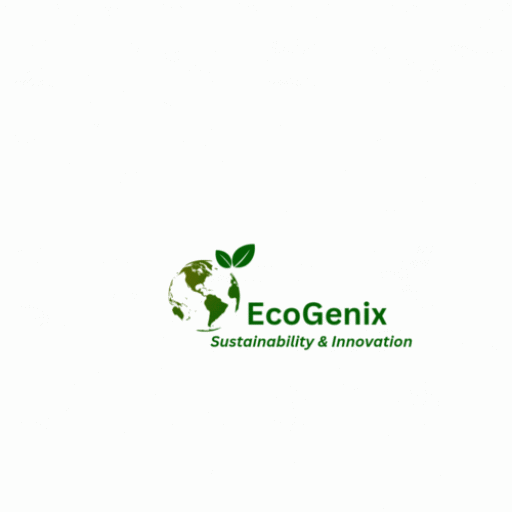Introduction
Waste management and recycling are critical components of building a sustainable future. As the global population continues to grow, so does the amount of waste generated. Proper waste management and recycling practices not only reduce the burden on landfills but also contribute significantly to conserving natural resources, reducing pollution, and mitigating climate change. In this article, we explore the importance of sustainable waste management and recycling, along with the challenges and innovative solutions that can lead us toward a greener and more environmentally friendly world.
The Importance of Sustainable Waste Management:
- Conserving Natural Resources: Recycling reduces the need for raw materials, conserving natural resources such as timber, water, and minerals. For instance, recycling one ton of paper saves 17 trees, 7,000 gallons of water, and 463 gallons of oil.
- Energy Conservation: Recycling often requires less energy compared to producing items from raw materials. For example, recycling aluminum saves up to 95% of the energy required to produce aluminum from bauxite ore.
- Reducing Pollution: Proper waste management prevents the release of harmful substances into the environment, thus reducing soil, air, and water pollution. Recycling also lowers greenhouse gas emissions, contributing to mitigating climate change.
Challenges in Sustainable Waste Management:
- Lack of Awareness: Many people are still unaware of the importance of recycling and proper waste disposal methods. Education and awareness campaigns are crucial in addressing this issue.
- Technological Limitations: Certain materials are challenging to recycle due to technological limitations. Research and development in recycling technologies are essential to overcome these challenges.
- Waste Management Infrastructure: Inadequate waste management infrastructure in many regions poses a significant challenge. Investments in waste collection, segregation, and recycling facilities are necessary to improve the overall waste management system.
Innovative Solutions for Sustainable Waste Management:
- Waste Segregation at Source: Encouraging households and businesses to segregate waste at the source can significantly enhance the efficiency of recycling processes.
- Promoting Circular Economy: Embracing the concept of a circular economy, where products and materials are reused, repaired, remanufactured, and recycled, can drastically reduce waste generation.
- Technological Advancements: Leveraging technology, such as smart bins and waste-tracking apps, can optimize waste collection routes and improve overall efficiency in waste management.
- Collaborative Efforts: Partnerships between governments, businesses, and communities are crucial. Collaboration can lead to innovative solutions, shared resources, and increased efficiency in waste management practices.
In conclusion, sustainable waste management and recycling are integral to creating a cleaner, healthier planet for current and future generations. By raising awareness, investing in technology, and fostering collaboration, we can address the challenges associated with waste management and pave the way for a greener and more sustainable future. Each individual’s efforts in reducing, reusing, and recycling can make a significant difference and contribute to the global movement toward a zero-waste society
ARTICLE BY: WAYNE TOTA
Food Security and Climate Change
waynetota9@gmail.com
0601133196239
Visit for more articles:
https://sites.google.com/view/foodsecure-sustain-agriclimate/home.
